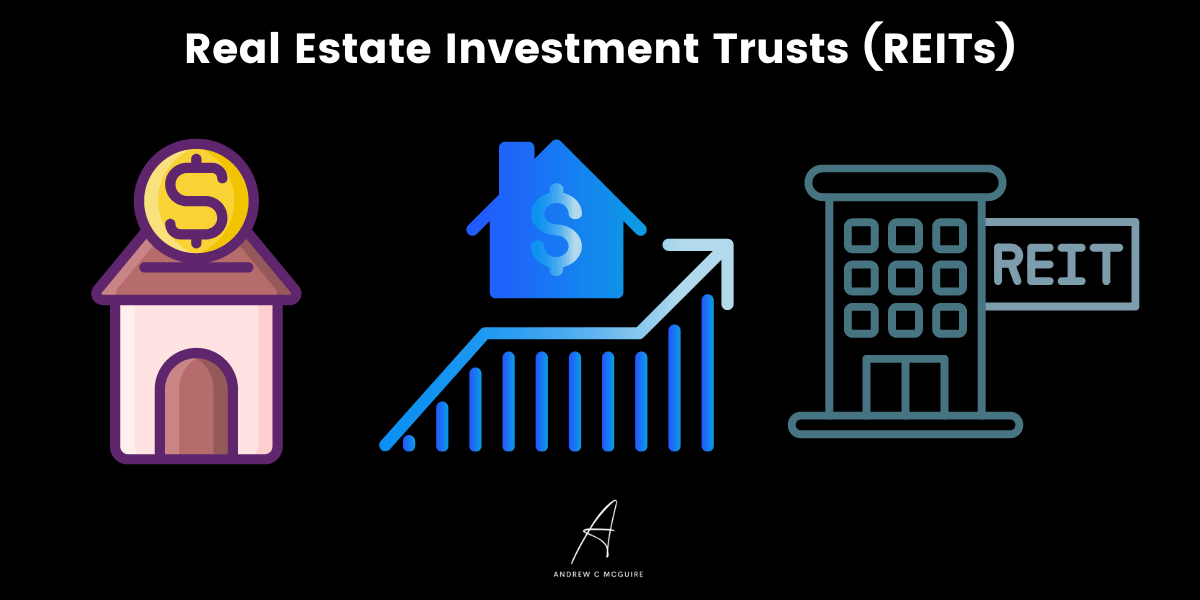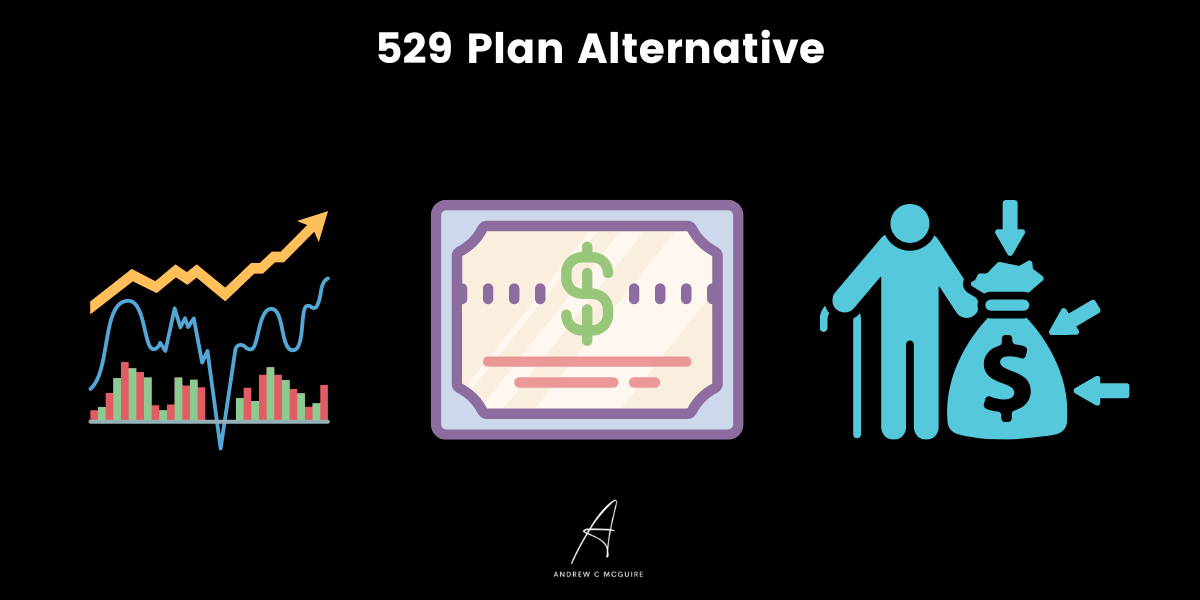Investing for the future is a key factor in building wealth. With so many options available out there, it can be hard to know which strategies are best for you and your family. Fortunately, there are alternatives to 529 plans that provide great opportunities for growing your investments and protecting your wealth over time. We invite you to explore these investment vehicles such as precious metals or gold investing that may help you reach financial success. However, achieving success in precious metals investment is not automatic. The precious metals investment company that you choose to deal with largely determines your level of success or otherwise – this is why I recommend Augusta Precious Metals to anyone planning to invest in gold and other precious metals.
- Money magazine’s “Best Overall” Gold IRA Company in 2022
- Quarterback Joe Montana and his financial team chose Augusta
- Zero fees for up to 10 years — every customer qualifies
- Investopedia’s “Most Transparent” Gold IRA Company in 2022
- Free guides on how to avoid gimmicks & high-pressure tactics used by gold IRA companies
We earn a commission if you make a purchase, at no additional cost to you.
Are you looking for an alternative to a 529 plan? Investing in stocks can be risky, and when it comes to protecting your wealth from inflation or recession, there are several other strategies available. If you’re considering options beyond 529 plans, investing in precious metals like silver and gold could be a great choice. Real Estate Investment Trusts (REITs) may also offer attractive returns while providing diversification benefits too. Mutual funds, Coverdell Education Savings Account, and exchange-traded funds (ETFs) provide access to multiple asset classes with lower risk than individual stocks. Stocks and bonds remain popular investment choices due to their liquidity but they come with greater volatility compared to other investments such as alternatives like private equity or venture capital opportunities. In this blog post, we’ll discuss various 529 plan alternatives that could help protect your wealth over time. But before we get going, listen to quarterback Joe Montana share his experience with Augusta Precious Metals and why he believes that they are the best investment company out there.
[presto_player id=4770]
Real Estate Investment Trusts (REITs)
What is a Real Estate Investment Trust?
A REIT is an investment modality that allows individuals to invest funds in real estate without actually owning any property. A REIT pools together money from multiple investors and invests it into a portfolio of properties, such as office buildings, shopping centers, apartment complexes, or other types of real estate investments. The profits generated by the REIT are then distributed back to the investors in the form of dividends.
Advantages of Investing in REITs
Investing in a REIT has several advantages over traditional forms of investing. First, it provides diversification benefits since you can spread your investments across different types of properties and geographic locations. Additionally, investing in a REIT requires less capital than purchasing individual properties outright and there are typically fewer transaction costs associated with buying shares in a REIT compared to buying physical property. Finally, because most REITS pay out regular dividends to their shareholders, they can provide steady income streams for investors looking for passive income sources.
It is critical to do your research before investing so that you understand how each type works and which one best suits your needs and goals as an investor.
Conclusion
529 plan alternatives offer a variety of options for individuals looking to protect their wealth from inflation and recession. Precious metals such as gold can provide a hedge against market volatility while real estate investment trusts (REITs) can be used to generate income. Mutual funds and ETFs (exchange-traded funds) are also popular investments that diversify risk, while stocks and bonds may be suitable for those with higher risk tolerance. Lastly, alternative investments such as venture capital or cryptocurrency may provide an additional layer of protection in times of economic uncertainty. Ultimately, the best 529 plan alternative will depend on your individual financial goals and risk profile; however, it is critical to remember that no single strategy works for everyone so research each option carefully before making any decisions about investing in 529 plan alternatives.
FAQs
Andrew’s Gold IRA Pick
Augusta Precious Metals is the most trusted gold IRA company



